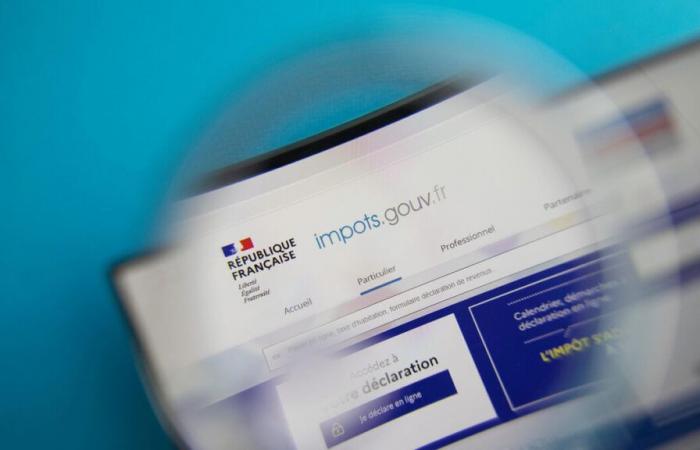Faced with the risk of censorship, and therefore the non-vote of the 2025 budget, the government threatened an increase in income taxes. “Nearly 18 million French people will see their income tax increase,” Prime Minister Michel Barnier said on France 2 and TF 1 on Tuesday evening. Others will pay for the first time because we have not been able to include the planned reindexation in the finance law.”
If no 2025 budget is passed, a draft “special law” could be submitted to parliament and it is then that of 2024 which would be renewed. However, “throughout the year, there was inflation and the 2025 budget planned to correct it,” explains Stéphanie Villers, economist at PwC France, to the Parisian. For taxes, this must result in an increase in the scales.
Five tax brackets exist in France: a single person (one share) receiving up to 11,294 euros of net income per year does not pay taxes. Then 11% on his income up to 28,797 euros, 30% then up to 82,341 euros, 41% up to 177,106 euros and 45% beyond. The 2025 budget planned to increase these scales according to inflation, up by 2.2%: for example, you had to have earned more than 11,520 euros to be taxed in 2025.
This increase in scales was to allow people who have seen their salaries increase due to inflation not to pay too much additional tax. Except that in the event of a freeze, “the tranches will not follow the variation in inflation,” indicates Stéphanie Villers. And in reality, it’s not so much that the French really earn more, it’s that their salaries have already been revalued according to inflation.”
In total “17.6 million households would see their income tax increase compared to a situation of indexation to inflation”, estimated the OFCE (French Observatory of Economic Conditions) in October.
Median income households “would lose between 50 and 100 euros per year”
Freezing the income tax scale could have “several effects”, explains Pierre Madec, economist at the OFCE. On the one hand, “people who should not have been taxable become so because they pass above the first bracket”. In an article for the OFCE in October, he estimated that nearly 380,000 households would find themselves in this situation.
But even if you are not at the edge of a tax bracket, they could increase. Net income is in fact not taxed uniformly. If a person earns 25,000 euros per year, they do not pay 30% on all their income, only those exceeding 11,294 euros are taxed. In the event of a salary increase but a freeze in the scale, the portion located in the taxable bracket would therefore increase mechanically.
VideoMotion of censure: A “responsibility reflex” of deputies is “possible”, judge Barnier
According to Pierre Madec, however, “the effects are relatively weak because it is a fraction of your income that will be taxed a little more”. A single taxpayer who declares 11,400 euros, and is therefore taxable, is today taxed at 11% on the 105 euros exceeding the threshold, or 11.5 euros.
“In the event of a freeze, households close to the median standard of living would lose between 50 and 100 euros per year compared to an indexation situation usualexplained the economist in October, or between 0.2% and 0.3% of their annual standard of living. » “This would exceed 250 euros for the wealthiest 15% of households (the bottom three twentieths), he adds. But the wealthiest would be relatively less affected than the others, due to the low progressivity of the tax in the highest brackets. »
This freeze, if it materializes with the fall of Michel Barnier, could however be corrected in the weeks or months to come, with the vote of a new budget which would restore indexation to inflation. Provided you have a government that can do it.






